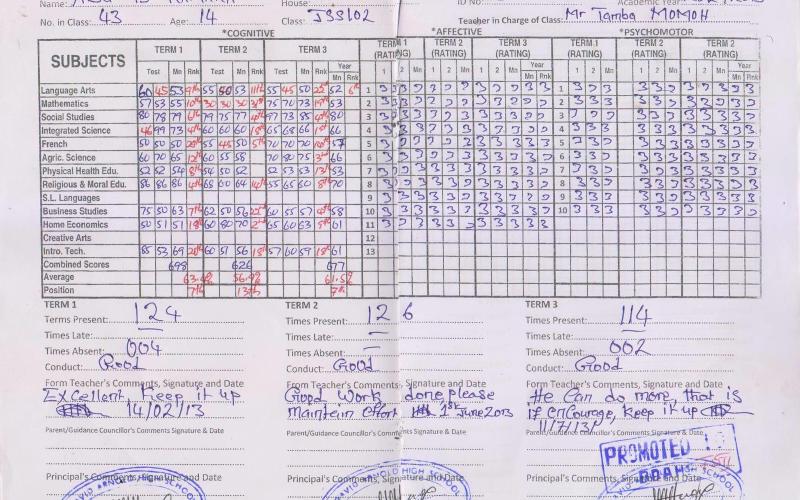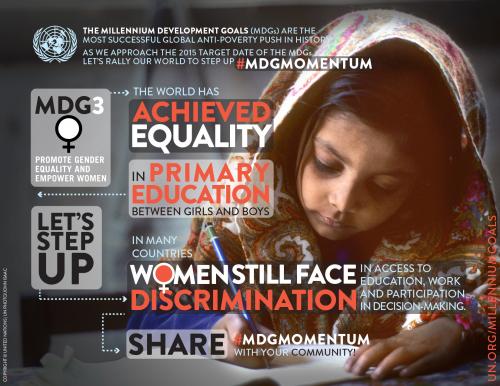
On July 1st 2013 UN Secretary-General Ban Ki Moon issued The Millennium Development Goals Report 2013. In 2000 the Millennium Summit issued eight goals which Sub-Saharan Africa is supposed to be working towards relating to poverty, hunger, health, gender equality, education and environmental indicators. Ideally the goals will be met by 2015. According to the report, Africa is doing relatively well.
The reduction of child deaths has doubled since 2000 and there have also been decreases in the proportions of children who are underweight (from 29 to 21 percent). The countries of Ethiopia, Liberia, Madagascar, Malawi, Niger and Rwanda all reported at least a 60 percent reduction in the deaths of children under the age of five in the time since the original summit.
Education has also increased especially in the case of primary school enrollment which has risen by as much as 77 percent in some regions from 2000 to 2011.

Health issues such as disease and HIV and AIDS are showing improvement as well. Cases of tuberculosis and malaria have gone down and the population of children sleeping under insecticide-treated nets has grown from five percent to a third or the population. In terms of HIV treatment, Sub-Saharan Africa is the second highest in terms of access for HIV treatment. Advances in sanitation have also added to reductions in risk for disease and illness.
In regards to gender issues, maternal deaths have decreased by 41 percent and the proportion of women who held seats in parliament have increased from 13 percent to 21 percent.
The report boasts some hopeful and encouraging news. However there is still much work to be done. In the region 414 million people are still living on less than $1.25 a day and are the most severely affected by HIV, and the highest maternal fatality rate in addition to equally troubling rates of child mortality and infectious disease. And while there have been some positive developments in education, there are still fundamental and systematic issues that need to be addressed.
A good example presented itself earlier in the week when 25,000 students failed the admission test for the University of Liberia. Every single student failed. Some doubt the statistic, possibly supposing a scam in relation to the exam fee. Whether due to corruption or incompetence on behalf of the higher education system, either way as of now those 25,000 applicants are not going to be receiving higher education. As mentioned, primary school enrollment has improved but hopefully there will be a higher education system accessible to those new students. While admiring positive changes we should also keep in mind how to continue those changes so Sub-Saharan Africa can cease to be at the top of so many lists of areas with poor conditions.
Megan Foster

